131. Tomorrow and tomorrow and tomorrow
Okay, admittedly, I came back a little sooner than I had proposed.
Writing for the masses - that is the five faithful readers and a handful of others - can be somewhat addictive. Once you have convinced yourself people really want to read what you have written whether they actually do or not, the ego takes over and dictates that you must write and not leave your readers (or your self) wanting. The ego is a great seducer, or seductress, I'm not sure which gender is applied to such an entity.
So, what would be topical for the 3rd of July? It would be rather easy to communicate some thoughts upon the 231st birthday of our Republic's Declaration of Independence, the date of which has been arbitrarily ascribed to tomorrow, as opposed to yesterday, the date President John Adams thought would be the general national day of celebration, as it was the day the Continental Congress passed a resolution put forth by Richard Henry Lee, declaring independence from Great Britain. That resolution read, in full,
"Resolved, That these United Colonies are, and of right ought to be, free and independent States, that they are absolved from all allegiance to the British Crown, and that all political connection between them and the State of Great Britain is, and ought to be, totally dissolved.
That it is expedient forthwith to take the most effectual measures for forming foreign Alliances.
That a plan of confederation be prepared and transmitted to the respective Colonies for their consideration and approbation."
Tomorrow, when the Louisville-Jefferson County Democratic Party stages upon the Old Courthouse lawn its annual reading of the Declaration of Independence, as it has done for years, a much longer declaration will be read, the one we are much more familiar with and associate with the 4th, as that is the date first written at the top of Thomas Jefferson's now well-recognized page of writing. The reading takes place at 9 o' clock in the morning by the War Memorial at Fifth and Jefferson streets. One more note before I move on from this subject. It should be noted that while we celebrate July 4th as the nation's birthday, it really isn't.
The Declaration which will be celebrated tomorrow was not one of one country from another, i. e. the United States from Great Britain. Rather, it was one of several colonies, or states, or perhaps, countries from one. Most appropriately, taken from the first sentence, it is a declaration of "one people to dissolve the political bands which have connected them with another." Later, the document speaks of these people in the plural, as "Such has been the patient sufferance of these Colonies; and such is now the necessity which constrains them to alter their former Systems of Government." Notice the plural constructs in the words italicised in the previous sentence - these, colonies, them, and their.
Later, in the concluding paragraph we read that while they are collected together in an assembly as "Representatives of the united States of America," they follow that up with the averment that "these united Colonies are, and of Right ought to be Free and Independent States," again using the plural nouns colonies and states, and plural verb are, and further, in the final phrases establish "that all political connection between them and the State of Great Britain, is and ought to be totally dissolved; and that as Free and Independent States, they have full Power to levy War, conclude Peace contract Alliances, establish Commerce, and to do all other Acts and Things which Independent States may of right do. — And for the support of this Declaration, with a firm reliance on the protection of Divine Providence, we mutually pledge to each other our Lives, our Fortunes and our sacred Honor."
It is clear from their languange they considered Great Britain one state or entity, and themselves as several states or entities, and not as one. One more note: the motto which the eventual "United States" eventually adopted is E Pluirbus Unum, meaning one out of many, or one from many. On August 10, 1776, just a few weeks after adopting their Declaration of Independence, this motto was rejected by those same people assembled in the Continental Congress, expressing their common belief they were still many and not yet one. That motto wasn't adopted until June 10, 1782.
But all of the above is about the Fourth of July, while today is only the Third. Today marks the 70th birthday of the British playwright Tom Stoppard, best known for his play Rosencrantz and Guildenstern Are Dead, parodied from Shakespeare's characters of the same names in the latter's Hamlet. Stoppard wrote several other works including two more parodied from Hamlet and another from Macbeth, the "accursed" play, something I learned from my friend Stuart Perelmuter, a playwright and actor in his own right, as well as Congressman Yarmuth's PR guy, one day last fall when I was reciting the "Tomorrow and tomorrow and tomorrow" soliloquy while aimlessly wandering about Yarmuth's campaign office. I read Stoppard's "Ros and Guil" while a student in Mrs. Risner's 10th grade English class at Durrett, the same year I first read Macbeth. "Ros and Guil" was performed five summers ago, alongside Hamlet, as part of the Shakespeare in the Park performances of the Kentucky Shakespeare Festival, Louisville's free summer theater in Central Park. This summer's performance is Measure for Measure, running through July 15th. Shakespeare is one of my favorite writers; Stoppard is another.
I could use these closing lines to elucidate upon the news - that of President Bush's commutation of Scooty Libby's prison sentence and of Governor Fletcher's call for a Special Session of the legislature. Both are items which serve only a few - in the case of the President, very few. But, this is a time of celebration for our nation. While there may be leaders in that [this] nation with whom we take issue, it is still our nation and not someone else's, at least not yet. It is getting to be something of an oligarchy, the olig deriving perhaps from the Greek oligoi, meaning few or small or little. The few in the case of our nation are whomever the Vice President deems to be a part of the government. In Frankfort, such a notion could be reduced to a Sesame Street like group called "Ernie and his friends."
But, I've said enough for one day. I've copied the Tomorrow soliloquy below.
Enjoy.
*****
"She should have died hereafter;
There would have been a time for such a word.
Tomorrow, and tomorrow, and tomorrow,
Creeps in this petty pace from day to day,
To the last syllable of recorded time;
And all our yesterdays have lighted fools
The way to dusty death. Out, out, brief candle!
Life's but a walking shadow, a poor player
That struts and frets his hour upon the stage
And then is heard no more. It is a tale
Told by an idiot, full of sound and fury
Signifying nothing." — Macbeth (Act 5, Scene 5, lines 17-27)


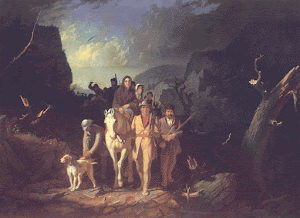



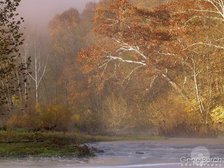








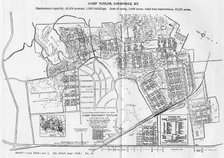
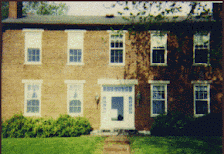

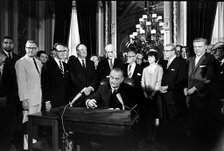

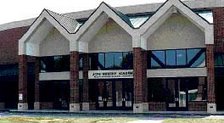
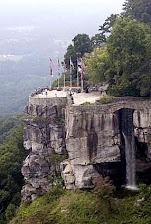

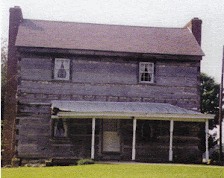
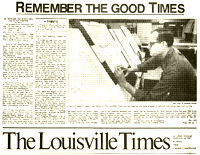
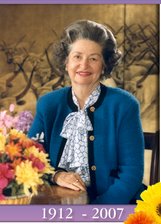
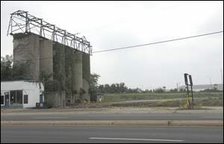
1 comment:
If I do not count as loyal you need to make it six because I am hooked! I love your writing and I miss you anytime you don't write. I also like your goodbye to Mark. My daughter was an actor at SIP the year they did Hamet and Rosencrant et al. I love your writing and you need to do a book.
Come visit my new site. KentuckyReports the address is on Mark's last comments or I can send it later (when I remember it). I thought if I do a good job we can keep BGR info and comments going. Mark wouldn't even talk to me about buying his site so I thought we could try this to keep it going. What do you think?
Post a Comment